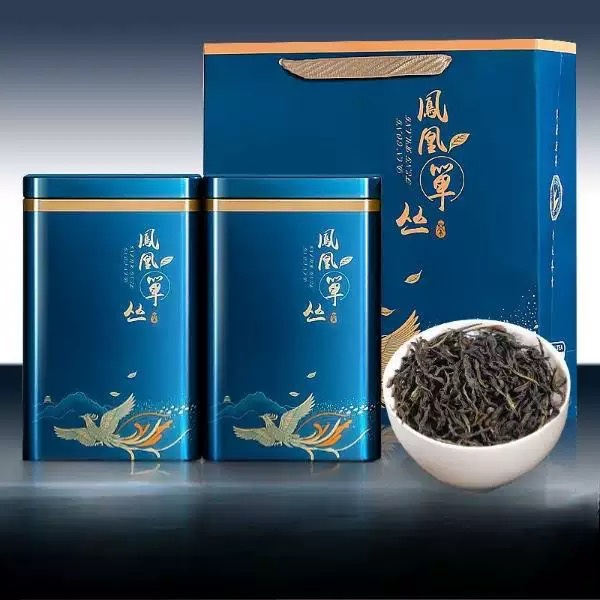
# The Cultural Significance of Oolong Tea in China
## Introduction to Oolong Tea
Oolong tea, known as “wūlóng chá” (乌龙茶) in Chinese, holds a special place in China’s rich tea culture. This partially oxidized tea bridges the gap between green and black teas, offering a unique flavor profile that has captivated tea enthusiasts for centuries.
## Historical Roots of Oolong Tea
The origins of oolong tea can be traced back to the Fujian province during the Ming Dynasty (1368-1644). Legend has it that the tea was discovered accidentally when a tea farmer was distracted by a deer and returned to find his tea leaves partially oxidized. This happy accident led to the development of the complex processing methods that create oolong’s distinctive characteristics.
## The Art of Oolong Tea Production
Oolong tea production involves several meticulous steps:
– Withering under sunlight
– Light bruising of leaves
– Partial oxidation
– Fixation (halting oxidation)
– Rolling
– Drying
The degree of oxidation can range from 8% to 85%, creating a spectrum of flavors from floral and green to woody and roasted.
## Regional Variations
China boasts several famous oolong-producing regions:
### Fujian Province
Home to two of the most famous oolongs:
– Tieguanyin (Iron Goddess of Mercy) from Anxi
– Da Hong Pao (Big Red Robe) from Wuyi Mountains
### Guangdong Province
Known for its Phoenix Dancong oolongs with their distinctive orchid aroma
### Taiwan
While not part of mainland China, Taiwan produces exceptional oolongs like Dong Ding and Oriental Beauty
## Cultural Significance in Chinese Society
Oolong tea plays multiple roles in Chinese culture:
### Ceremonial Importance
The Gongfu tea ceremony often features oolong tea, showcasing the art of tea preparation and appreciation.
### Social Bonding
Sharing oolong tea symbolizes friendship and respect in Chinese society.
Keyword: Oolong Tea in Chinese Culture
### Health Philosophy
Traditional Chinese Medicine values oolong for its supposed digestive benefits and ability to balance body energies.
## Modern Appreciation
Today, oolong tea continues to be celebrated worldwide while maintaining its deep cultural roots in China. Tea connoisseurs appreciate its complexity, and scientific studies have begun to validate some of its traditional health claims.
From imperial courts to modern tea houses, oolong tea remains an enduring symbol of Chinese refinement, patience, and the pursuit of harmony between nature and human craftsmanship.